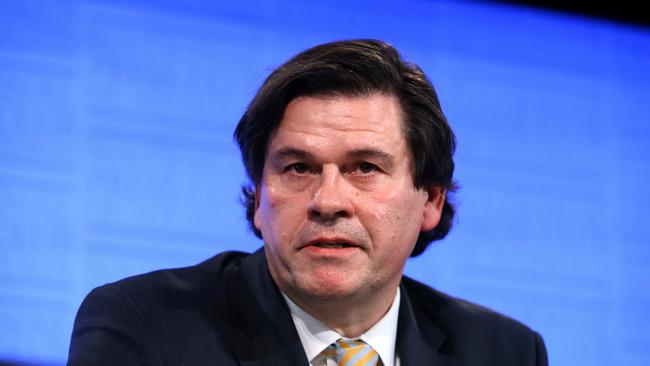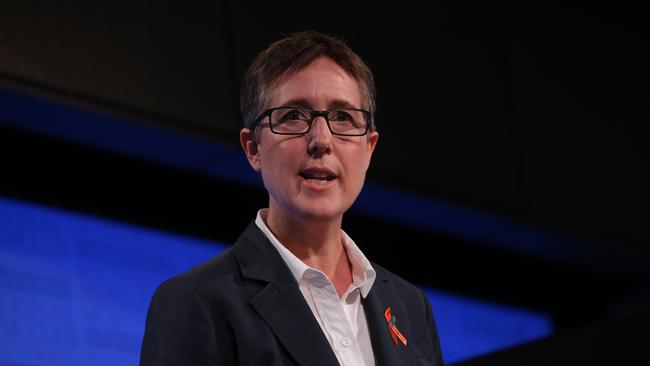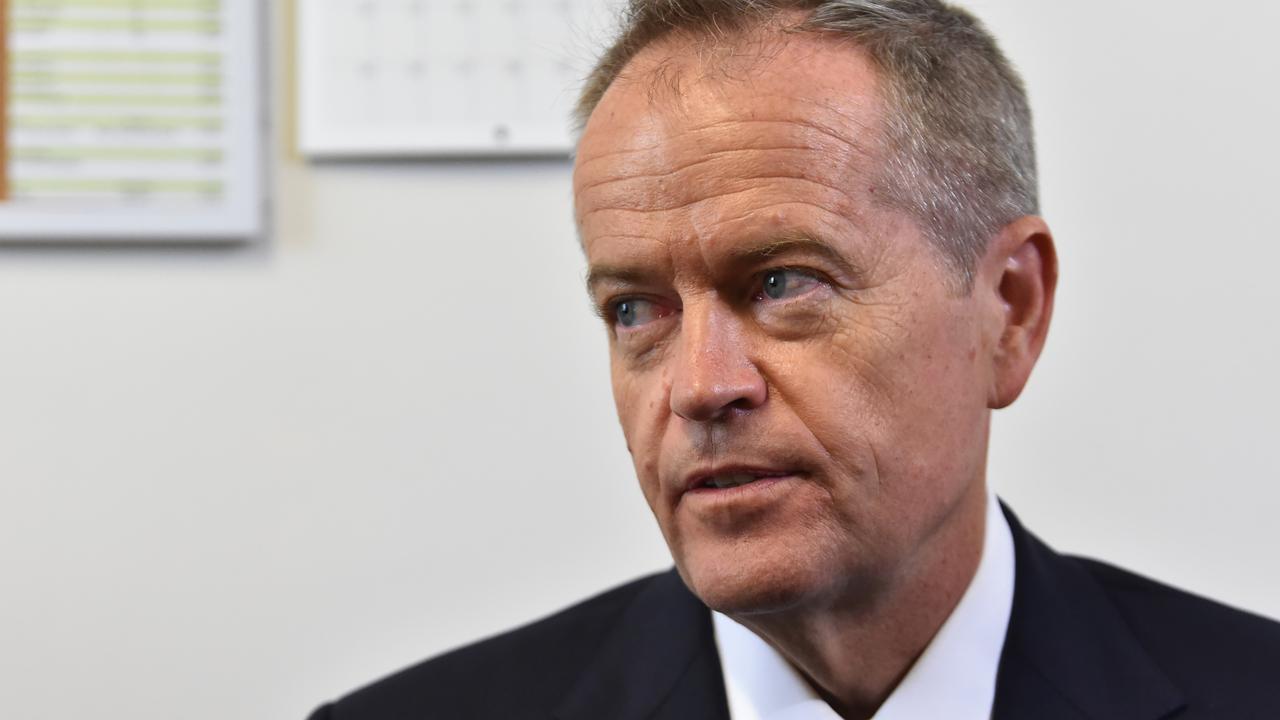AIG chief Innes Willox slams ACTU push for workers’ pay strikes
Industry chief Innes Willox says ACTU push to allow workers to strike over pay would destroy jobs and competitiveness.

Employers have slammed the ACTU’s push to allow workers to strike in support of sector-wide pay claims, warning it would see unions cripple whole industries and supply chains until companies capitulated.
Australian Industry Group chief executive Innes Willox said the proposals, if accepted, would destroy jobs, the competitiveness of business and workplace flexibility.
“The ACTU wants the right to bargain across whole industries and supply chains, including the right to take industrial action,’’ he said.
“If the ACTU got its way, unions would be able to make unreasonable claims and cripple whole industries and supply chains until employers capitulated.
“The ACTU wants us all to trust that militant unions would only very rarely use the new powers that they want, and that their proposals would be good for the economy. What a joke. Australian businesses and workers would become cannon fodder for the ACTU’s social engineering.
“We would see a return to the bad old days of the 1960s and 70s when industrial action was rife and Australia had a reputation internationally as an unreliable supplier of goods and services.
Unveiling a six-point plan designed to lift the wages of workers, ACTU secretary Sally McManus told The Australian yesterday the Fair Work Act needed to be amended to give greater power to unions and workers to negotiate across sectors and with host employers.
Ms McManus said unions and workers should be able to take protected industrial action in support of sector-wide wage claims.

“It’s fundamentally fair that people should be able to take industrial action during negotiations as a last resort, as they are across the developed world,’’ she said.
She told Sky News today that unions “don’t want to see an outbreak of strikes, we want to see an outbreak of pay rises”.
Mr Willox said the only beneficiaries of the ACTU’s “self-serving proposals would be militant unions who no doubt think that all of their Christmases have come at once with the ACTU’s recent major change in direction”.
“Those that would suffer most if the ACTU’s proposals ever saw the light of day would be workers, particularly those that value flexible work arrangements, and low paid workers whose jobs would be most at threat. All political parties need to act in the national interest and condemn the ACTU’s proposals without delay,” he said.
Opposition workplace relations spokesman Brendan O’Connor said the ALP was having “ongoing discussions with unions and employers to ensure workers are free from exploitation, get a pay rise and have better employment security,’’ Mr O’Connor told The Australian last night.
“We are open to constructive proposals that contribute to that goal.”
Former Employment Minister and Liberal MP, Eric Abetz said today the ACTU proposal was “dangerous”.
“This destructive embrace of socialism would send a shockwave through the economy, send a clear message to employers not to employ and see militant unions running rampant in Australia,” Senator Abetz said.
Australian Chamber of Commerce and Industry chief executive James Pearson last night accused the ACTU of seeking to walk away from an enterprise bargaining system that had delivered sustainable and substantial pay rises for millions of workers.
“Enterprise bargaining ushered in one of the great periods of prosperity, opportunity and middle class growth in Australia’s history,’’ he said.
“Australian business is not willing to throw that away in favour of a return to 1970s industrial relations. Striking for industry wide outcomes would be a return to the law of the jungle.”




